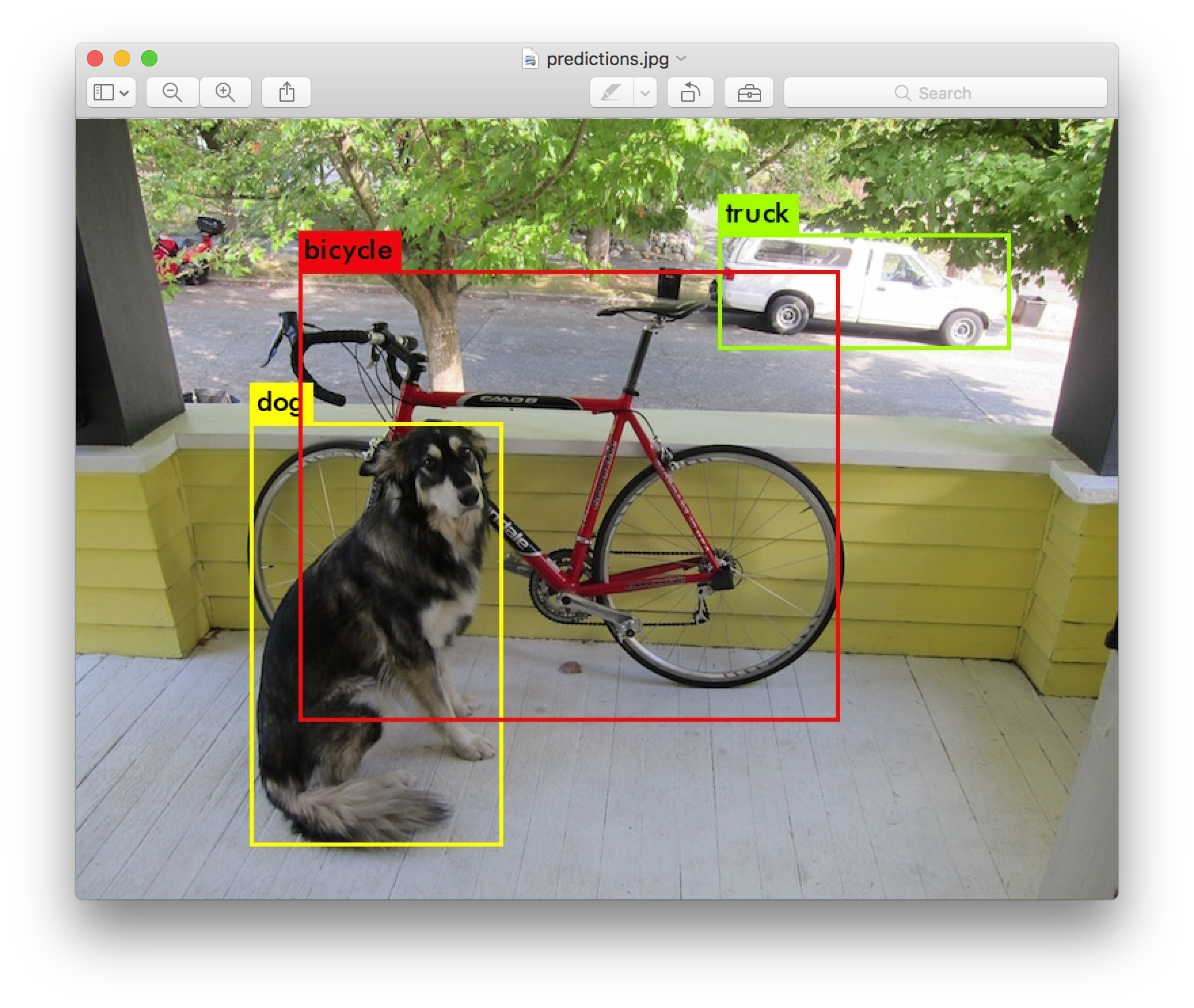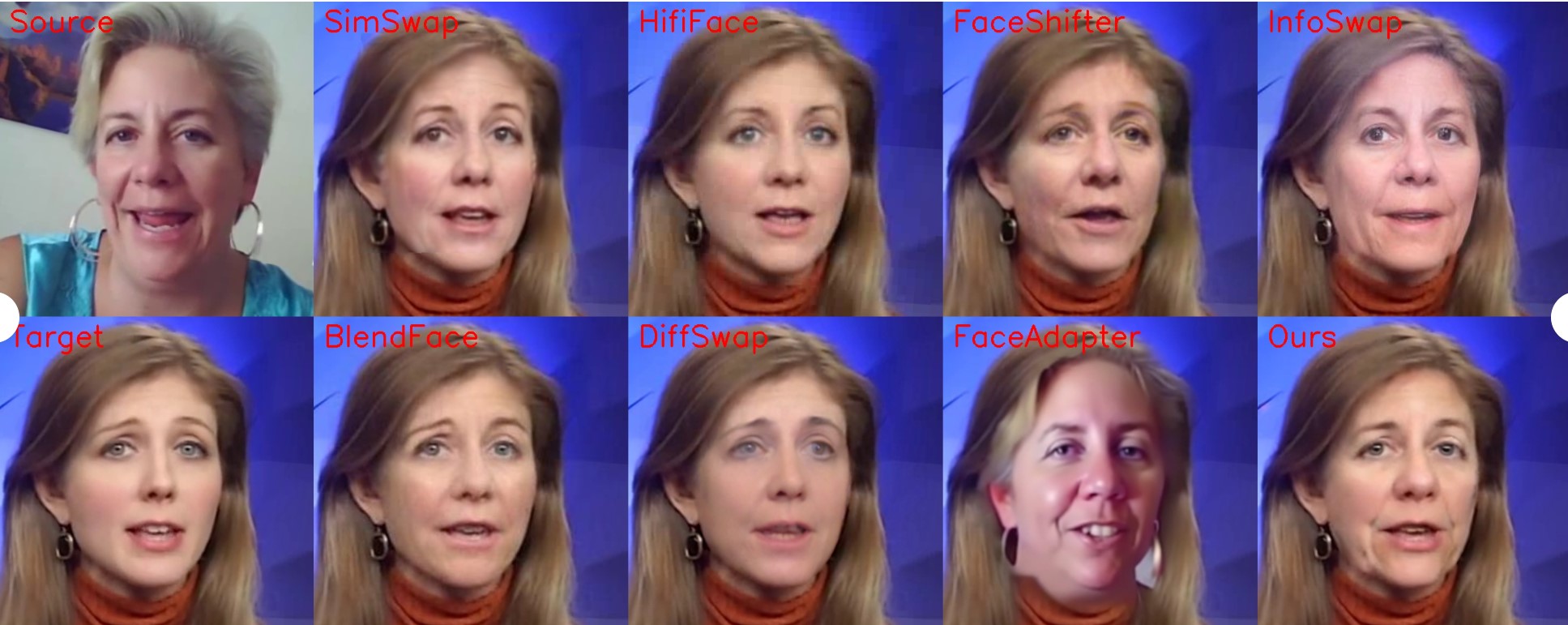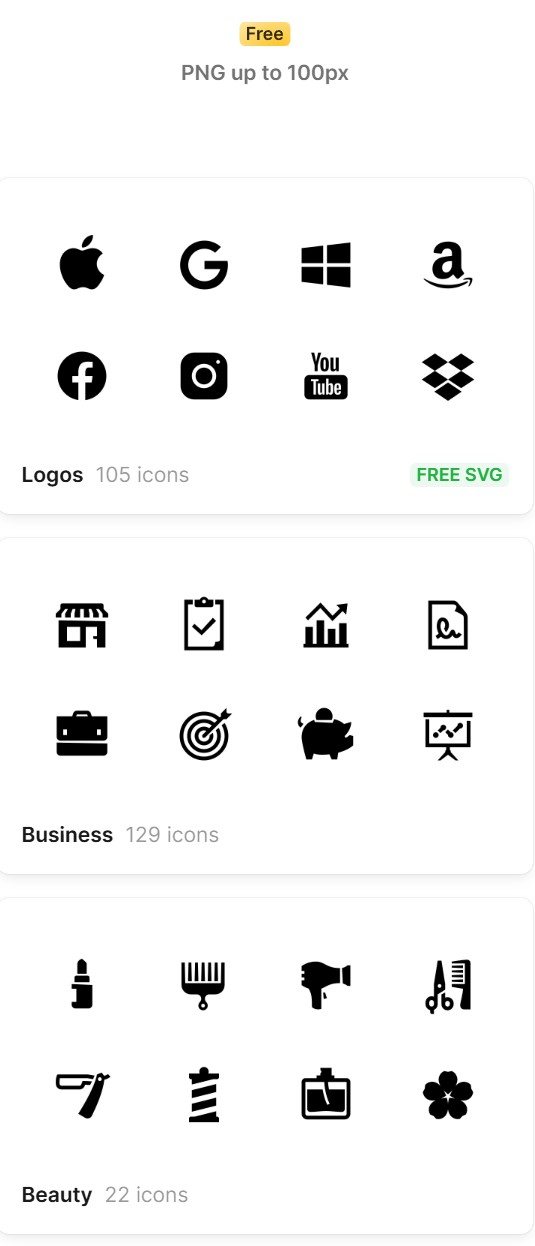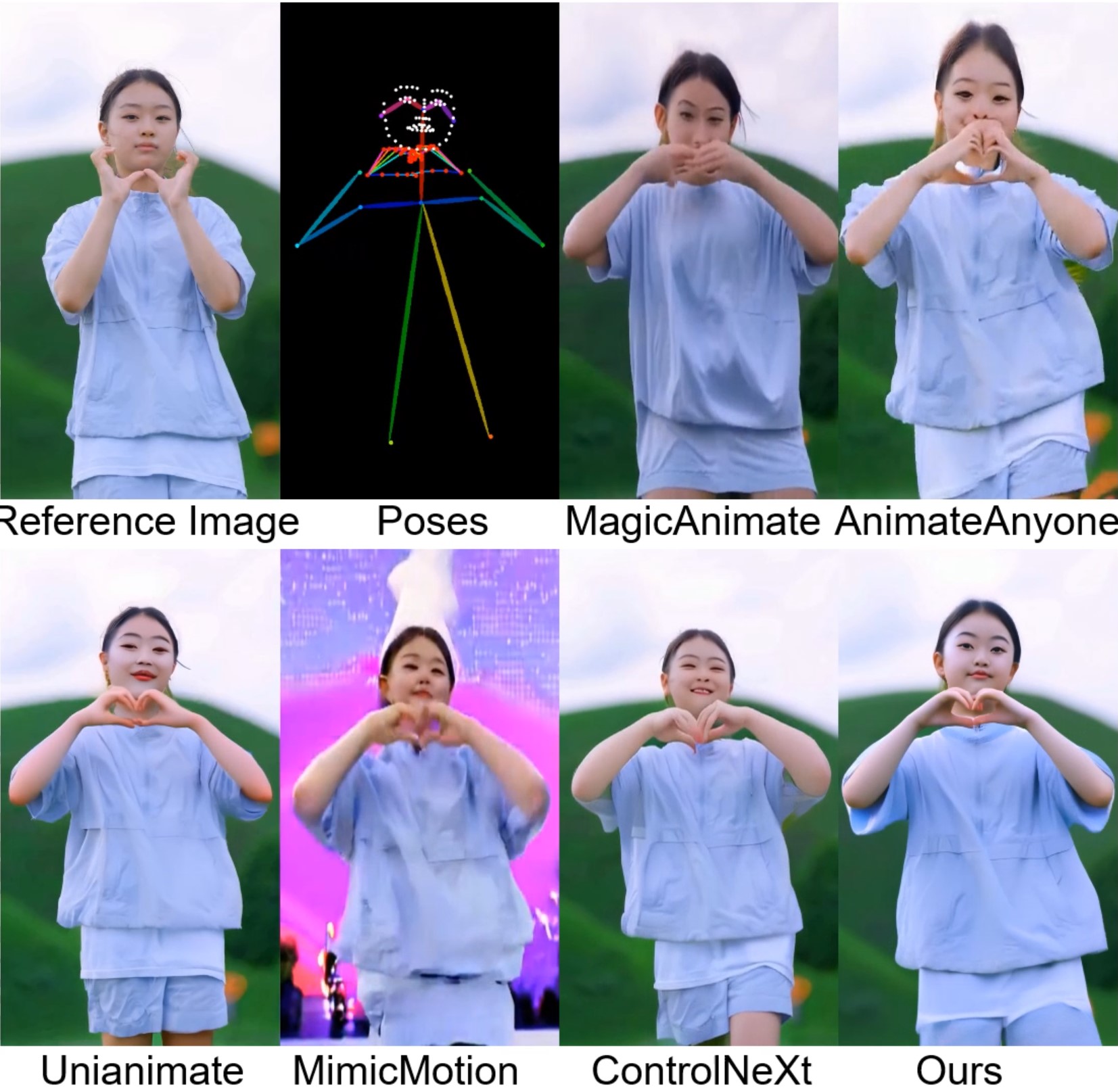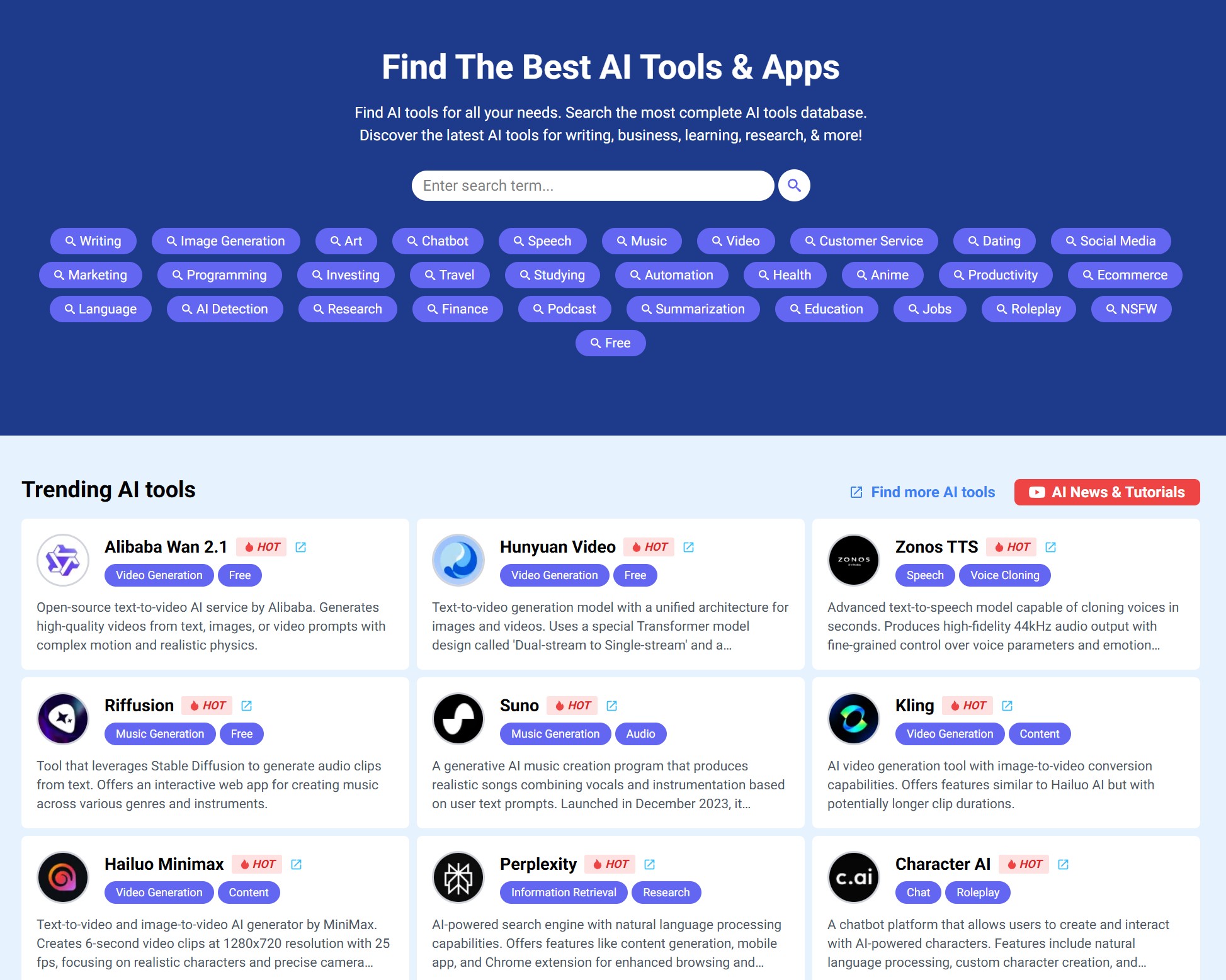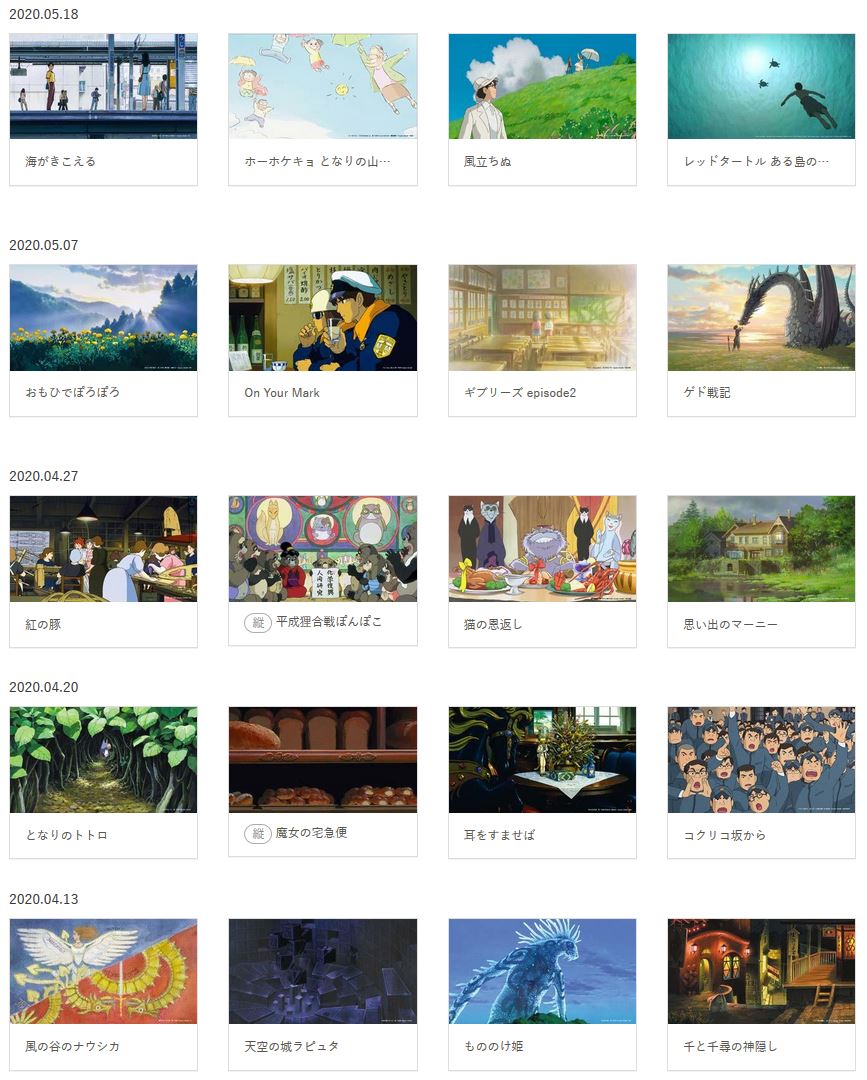BREAKING NEWS
LATEST POSTS
-
Wyz Borrero – AI-generated “casting”
Guillermo del Toro and Ben Affleck, among others, have voiced concerns about the capabilities of generative AI in the creative industries. They believe that while AI can produce text, images, sound, and video that are technically proficient, it lacks the authentic emotional depth and creative intuition inherent in human artistry—qualities that define works like those of Shakespeare, Dalí, or Hitchcock.
Generative AI models are trained on vast datasets and excel at recognizing and replicating patterns. They can generate coherent narratives, mimic writing or artistic styles, and even compose poetry and music. However, they do not possess consciousness or genuine emotions. The “emotion” conveyed in AI-generated content is a reflection of learned patterns rather than true emotional experience.
Having extensively tested and used generative AI over the past four years, I observe that the rapid advancement of the field suggests many current limitations could be overcome in the future. As models become more sophisticated and training data expands, AI systems are increasingly capable of generating content that is coherent, contextually relevant, stylistically diverse, and can even evoke emotional responses.
The following video is an AI-generated “casting” using a text-to-video model specifically prompted to test emotion, expressions, and microexpressions. This is only the beginning.
FEATURED POSTS
-
The Public Domain Is Working Again — No Thanks To Disney
www.cartoonbrew.com/law/the-public-domain-is-working-again-no-thanks-to-disney-169658.html
The law protects new works from unauthorized copying while allowing artists free rein on older works.
The Copyright Act of 1909 used to govern copyrights. Under that law, a creator had a copyright on his creation for 28 years from “publication,” which could then be renewed for another 28 years. Thus, after 56 years, a work would enter the public domain.
However, the Congress passed the Copyright Act of 1976, extending copyright protection for works made for hire to 75 years from publication.
Then again, in 1998, Congress passed the Sonny Bono Copyright Term Extension Act (derided as the “Mickey Mouse Protection Act” by some observers due to the Walt Disney Company’s intensive lobbying efforts), which added another twenty years to the term of copyright.
it is because Snow White was in the public domain that it was chosen to be Disney’s first animated feature.
Ironically, much of Disney’s legislative lobbying over the last several decades has been focused on preventing this same opportunity to other artists and filmmakers.The battle in the coming years will be to prevent further extensions to copyright law that benefit corporations at the expense of creators and society as a whole.





